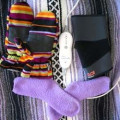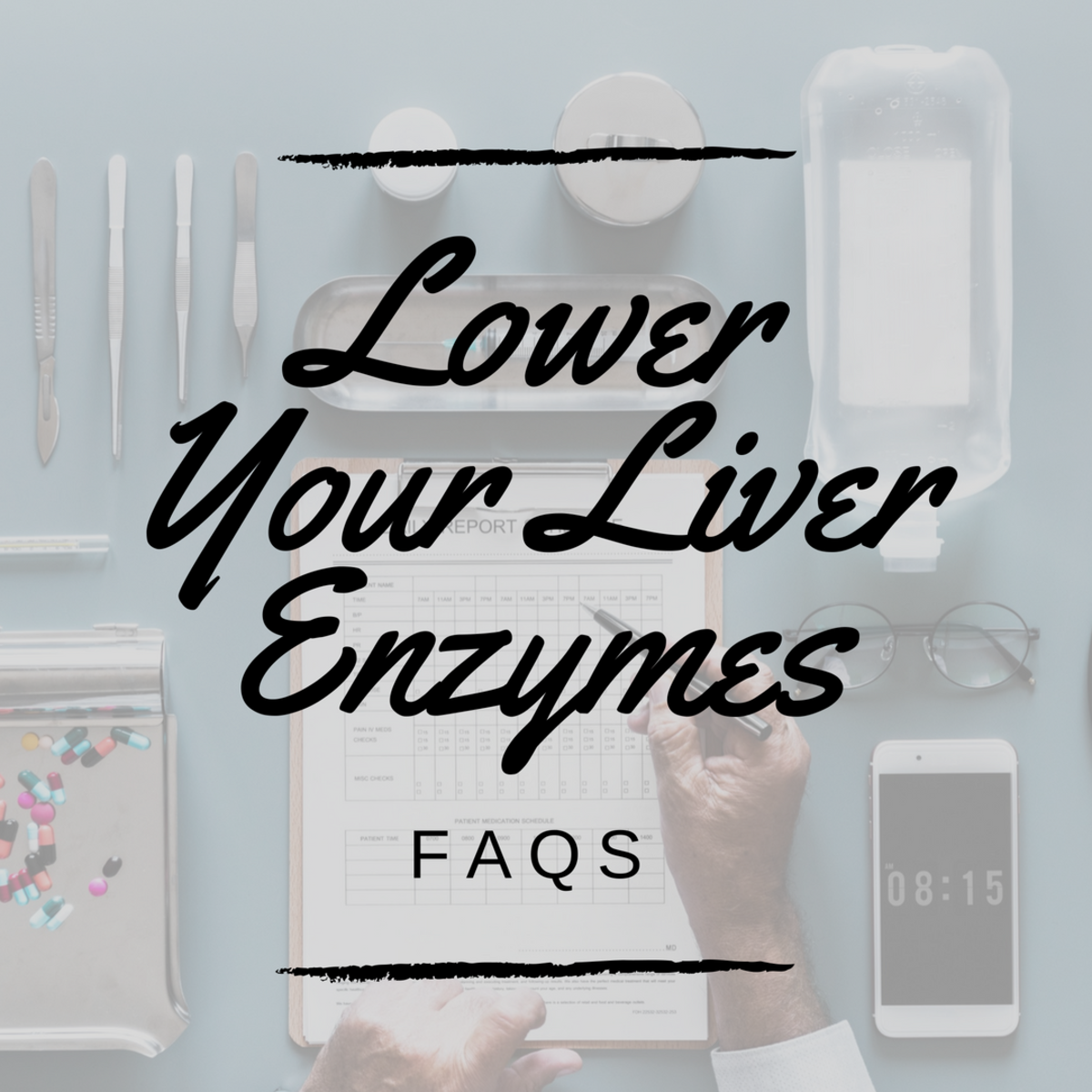Harnessing the Power of Naps

A power nap is a nap that’s long enough to get an individual through the day, but not so long that it makes the person groggy or unable to sleep at night.
The science behind power naps -
Twenty to thirty minutes is the ideal nap length if one wants to wake up feeling alert. An hour or two after lunch is a natural time to nap since the blood sugar and energy levels drop. Moreover, the body clock is often programmed to make us feel a little sleepy in the middle of the afternoon. The best time for most people to nap is between 2:00 pm and 3:00 pm.
The optimal nap time depends on the hour one wakes up. For example, if one wakes up at 7:00 am, then the ideal nap time is 2:00 pm. A 6:00 am wake-up means that one should nap around 1:30 pm and a 7:30 am wake-up means a 2:30 pm nap.
Recently, scientists have come to understand a phenomenon called mental fatigue. It is a temporary inability to maintain optimal cognitive performance. The onset of mental fatigue during any cognitive activity is gradual. It depends upon an individual's cognitive ability and upon other factors, such as sleep deprivation and overall health. Napping has been found to alleviate mental fatigue.
Unlike 85% of all mammalian species, humans sleep just once a day. Scientists aren’t sure if we’re naturally monophasic as opposed to polyphasic. Anyway, it’s clear that we’re not getting enough sleep. Nearly a third of us say we're simply not getting enough of it.
Everyone’s daily schedules are unique. Some have odd work or meal hours or are a natural night owl or an early bird. So, one might nap earlier or later, depending on one’s lifestyle.
Types of naps –
Scientists have found that naps of different durations result in different benefits.
- A 20 to 30-minute nap is considered to be ideal.
- Research has shown that six-minute naps, known as ultra-short naps, can improve declarative memory i.e. a type of long-term memory that pertains to our ability to recall facts and knowledge.
- A 10 to 20-minute nap will provide a quick boost of alertness while mitigating the onset of sleep inertia.
- A 60-minute nap is considered to be good for cognitive memory processing.
- There’s also the 90-minute nap. That’s one complete sleep cycle. These naps can aid in creativity, and emotional and procedural memory, while resulting in a minimal amount of sleep inertia. But most people don’t have time for such long naps.
Benefits of power naps –
Formerly, naps were considered to be meant for lazy and unambitious people. In reality, the stigma attached to them is incredibly misplaced. They can increase not only our health and well-being but our intelligence and productivity as well. The following are the benefits of the power naps. They:
Increase alertness – Studies have shown that after a power nap, you will be as alert and energetic for the second part of your day as you were for the first. Other studies have found that a 20-minute nap is more effective than either 200 mg of caffeine or a bout of exercise.
Improve learning and working memory - Naps improve your working memory. They also improve memory retention since during sleep, recent memories are transferred to the neocortex, where long-term memories are solidified and stored.
Heighten creativity – It has been found that napping can improve sensory perception as effectively as a night of sleep. It does so by improving our creativity by both loosening up the web of ideas in our head and fusing disparate insights together.
Improve health - Sleep deprivation leads to an excess of the hormone cortisol in the body. Cortisol, known as the stress hormone, helps us deal with fight or flight responses. An excess of cortisol is quite harmful to the body. Good sleep helps release growth hormone, the antidote to cortisol which boosts our immune system, primes our sexual function, reduces stress and anxiety, and aids in muscle repair and weight loss. In reality, napping gives our brain a chance to rest and our body a chance to heal.
Improve mood - Napping releases serotonin in the brain, regulating our mood, sleep, and appetites. It produces a feeling of contentment and well-being. But when our bodies are stressed, the higher levels of serotonin are used and the production of more of it is blocked.
Improve work performance - Putting in extra hours without rest dramatically reduces our productivity and performance. A 30-minute nap will refresh us up halting a decline in our performance.
Prevent overeating - A lack of sleep triggers our body’s production of the hormone ghrelin, which makes us want to eat more, and lowers levels of the hormone leptin, which tells us when we are full. Napping prevents this.
Prevent arguments - Just one night without good rest can make you have arguments with your partner. This is because you’re less accurate at reading your partner’s emotions and more likely to be cranky all day. Napping can prevent it as one is able to judge the partner’s emotions more accurately.
Prevent the onset of Alzheimer’s disease – It has been found that people who don’t catch enough shut-eye have greater deposits of B-Amyloid, a plaque associated with Alzheimer’s, in their brains. The researchers say that while we sleep, our brain essentially cleans itself, removing those plaques.
The bottom line –
In spite of the fact that experts highly recommend enjoying the afternoon siesta, for many of us, it is quite difficult to do so due to our busy working schedules.
Very few will be aware that some companies are making daytime sleep a part of their corporate culture. There are reports from China that there are napping rules in companies. At a specific time, the lights go down and everyone has to put one’s head on the desk and nap.
Considering the health benefits offered by power napping, many may re-think to include them in their daily schedules.








